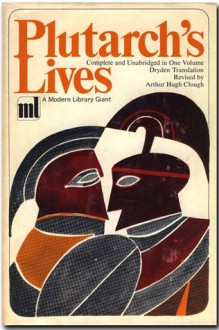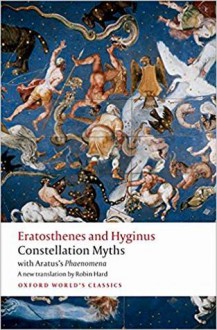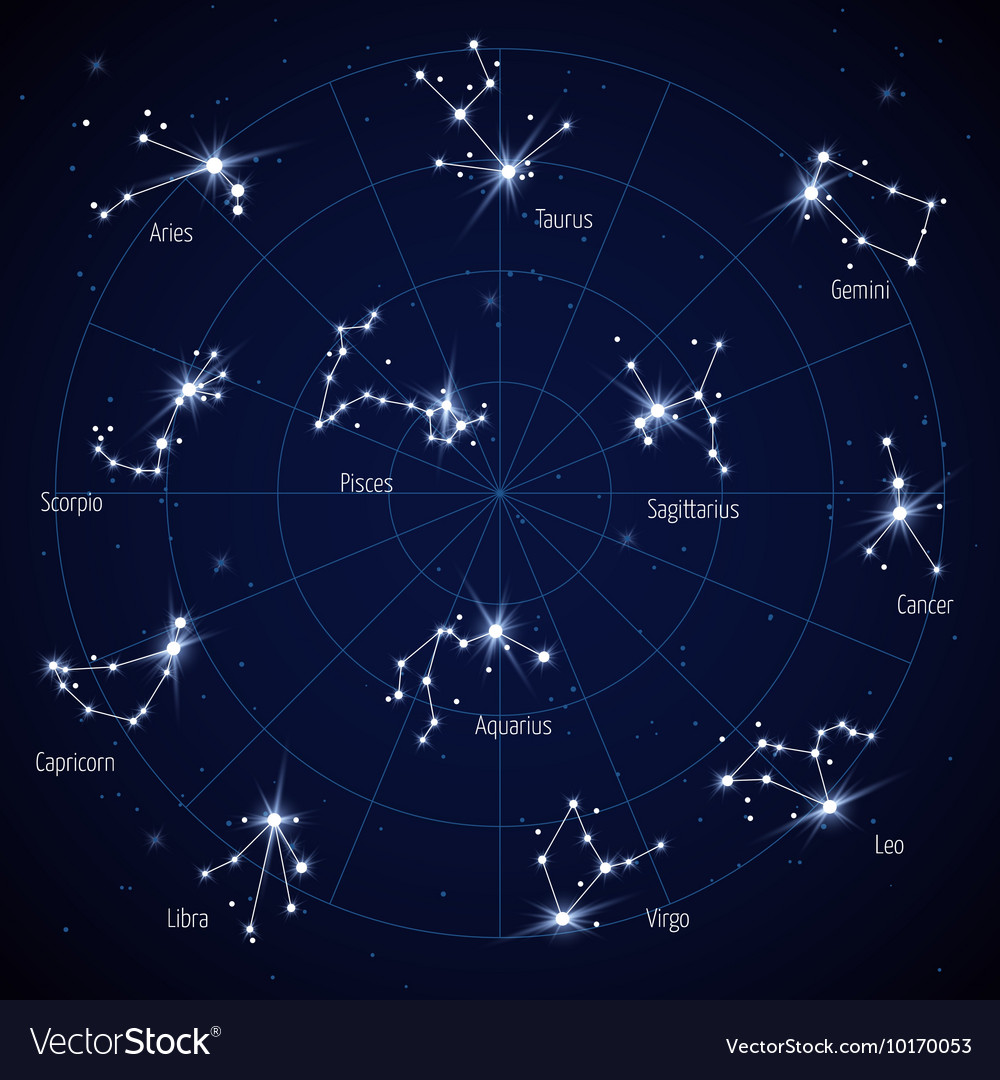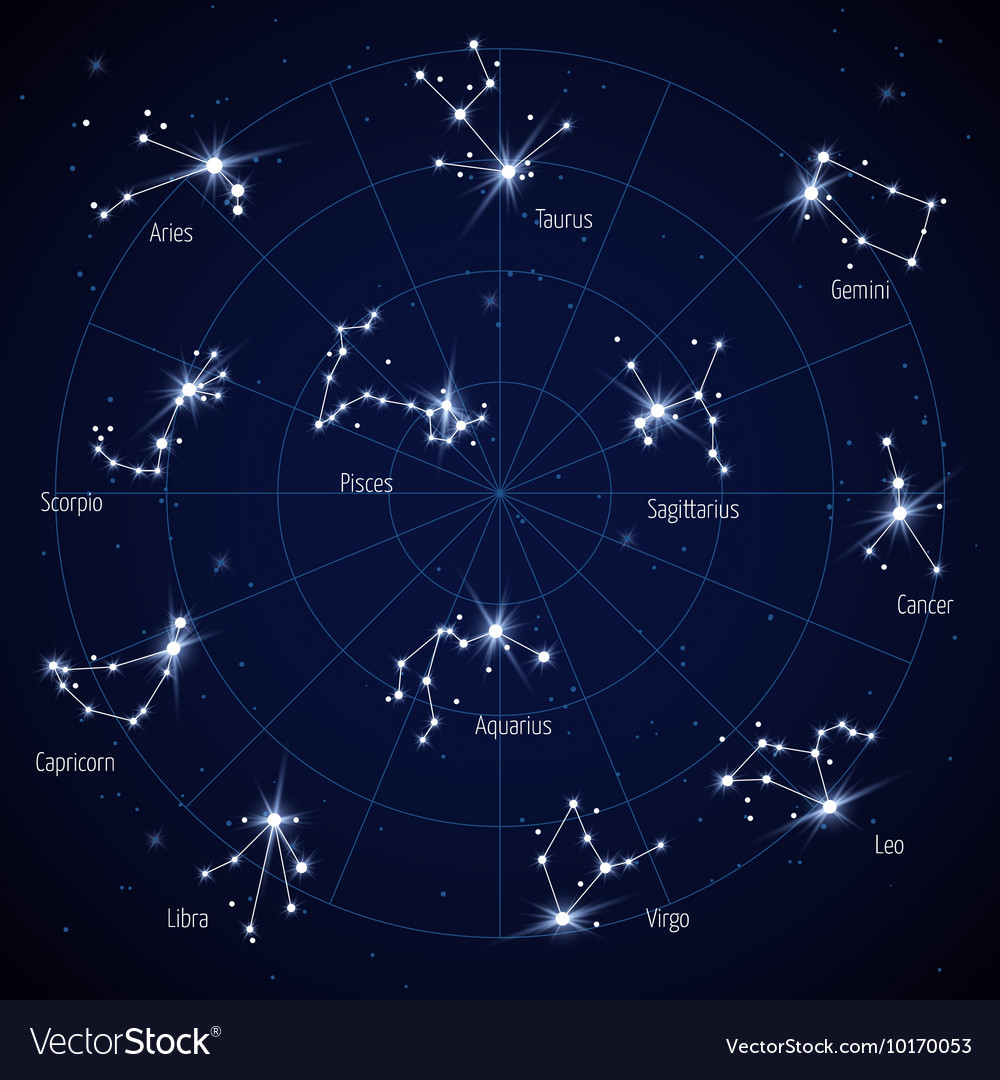
TITLE: Candide and Other Stories
AUTHOR: Voltaire
TRANSLATOR: Roger Pearson
EDITION: Oxford World's Classics
ISBN-13: 9780199535613
_____________________________
DESCRIPTION:
"Candide is the most famous of Voltaire's "philosophical tales," in which he combined witty improbabilities with the sanest of good sense. First published in 1759, it was an instant bestseller and has come to be regarded as one of the key texts of the Enlightenment. What Candide does for chivalric romance, the other tales in this selection--Micromegas, Zadig, The Ingenu, and The White Bull--do for science fiction, the Oriental tale, the sentimental novel, and the Old Testament. The most extensive one-volume selection currently available, this new edition includes a new verse translation of the story Voltaire based on Chaucer's The Wife of Bath's Tale: What Pleases the Ladies and opens with a revised introduction that reflects recent critical debates, including a new section on Candide."
____________________________
REVIEW:
I enjoyed the poem "What Pleases the Ladies?" and the short stories "Micromegas" and "The White Bull", but "Candide", "Zadig" and "The Ingenu" I found to be a bit tedious and long winded even though they weren't all that long. Unfortunately, world classics don't seem to appeal to me much. I can't say how accurate the translation is but it flows nicely without being clunky. The notes at the back are helpful. I just wish they would stick the damn notes at the bottom of the relevant page instead of making the reading flip to the back all the time.

 Log in with Facebook
Log in with Facebook 











